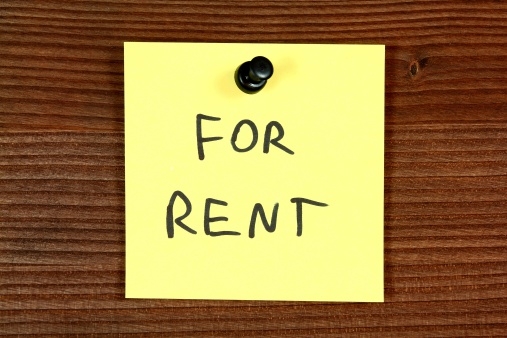
The average newly-agreed rent dipped by 0.4% year on year in August to £1,387 per month, according to the latest Hamptons index.
Rental growth has been lower than inflation for the past nine consecutive months, however, looking further back rents have far outpaced the consumer prices index (CPI).
Over the past five years, rents have increased by 31% compared to 25% growth in the CPI.
Over the past decade, rents have climbed by 41% compared to 34% growth in inflation.
Had rents tracked inflation over the last five years, the average tenant would now be paying £1,308 per month – saving £952 annually compared to the reality.
Had they tracked inflation over the past 10 years, the average rent would now be £1,253 pcm, representing an annual saving of £1,611 versus today’s reality for tenants.
London sees steepest fall, but remains most expensive spot
Across Great Britain, inner London has seen the steepest decline with the average newly-agreed rent down by 5.8% year on year to August to £2,752.
In London as a whole, rents were 3.3% lower, falling to £2,311
However, the capital still remains by far the most expensive region of the UK for tenants.
Rental growth also dipped into negative territory in Wales, the North East and Yorkshire & the Humber.
Hamptons head of research Aneisha Beveridge says: “For most of the last five years, rapidly rising rents were a key contributor to the UK’s high inflation story.
“But after several years of rapid rental growth, the tide is finally turning.
“For the ninth month in a row, rents have risen more slowly than inflation—offering tenants a rare moment of financial respite.
“While the monthly savings may seem modest, they mark a significant shift in the rental market’s role in driving inflation.
“Over the longer term, rents have consistently outpaced inflation, which means tenants today are paying more than they would have if rents had simply tracked CPI.
“For the most part, this has mirrored the rising cost pressures facing landlords.”
Market recalibration
Beveridge adds: “This recent slowdown suggests the market is recalibrating.
“With affordability stretched and demand softening, landlords are having to adjust to attract tenants.
“Like wages, rents don’t often fall.
“In fact, there have only been six months over the last 14 years when rents have fallen nationally on an annual basis.
“What we’re seeing now is a real terms fall in rents – when inflation and wages outpace rental growth – which leaves tenants feeling better off.
“It’s a sign that the rental market is responding to wider economic pressures, and it could help ease the inflation headache for policymakers in the months ahead.”



